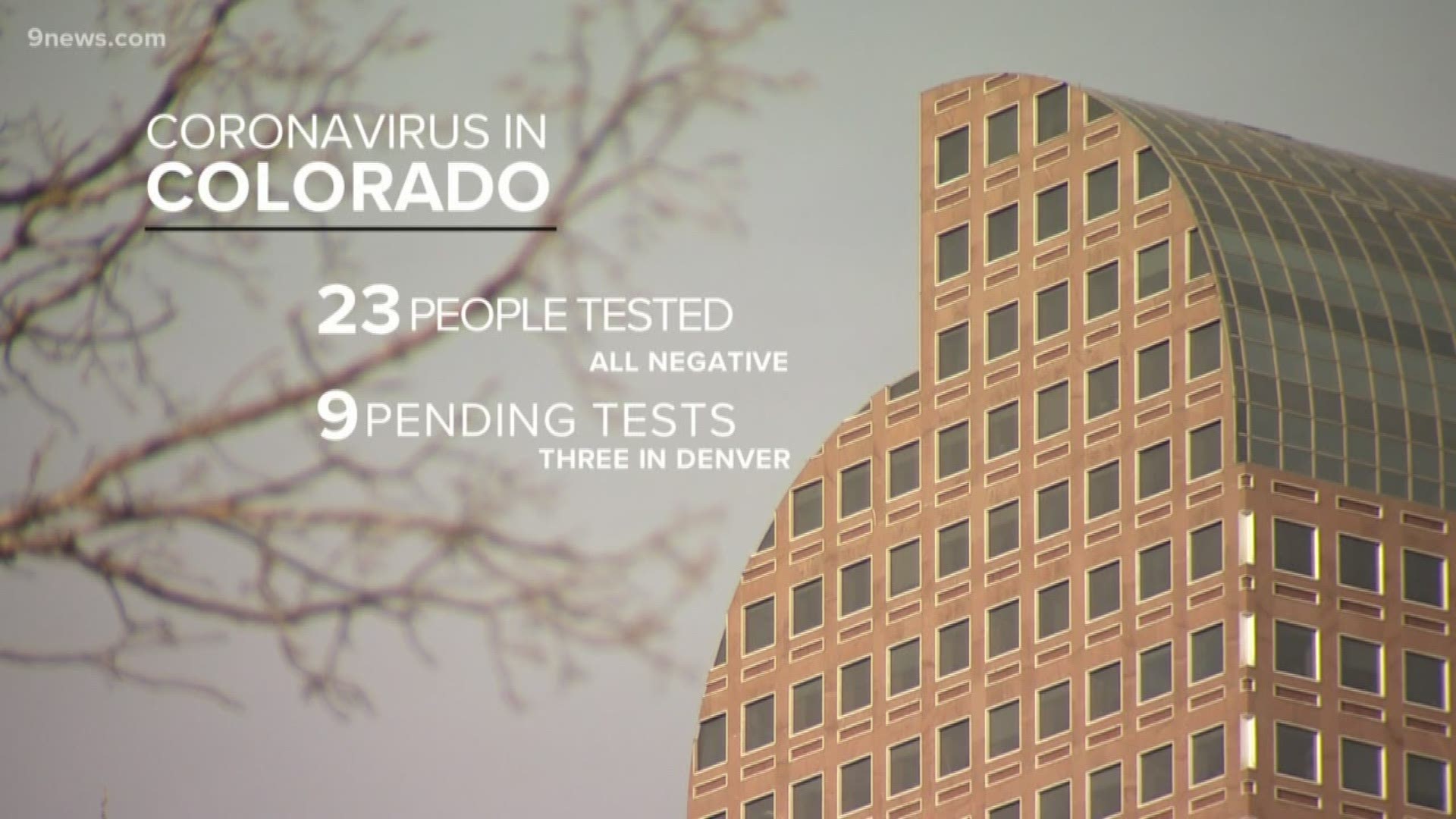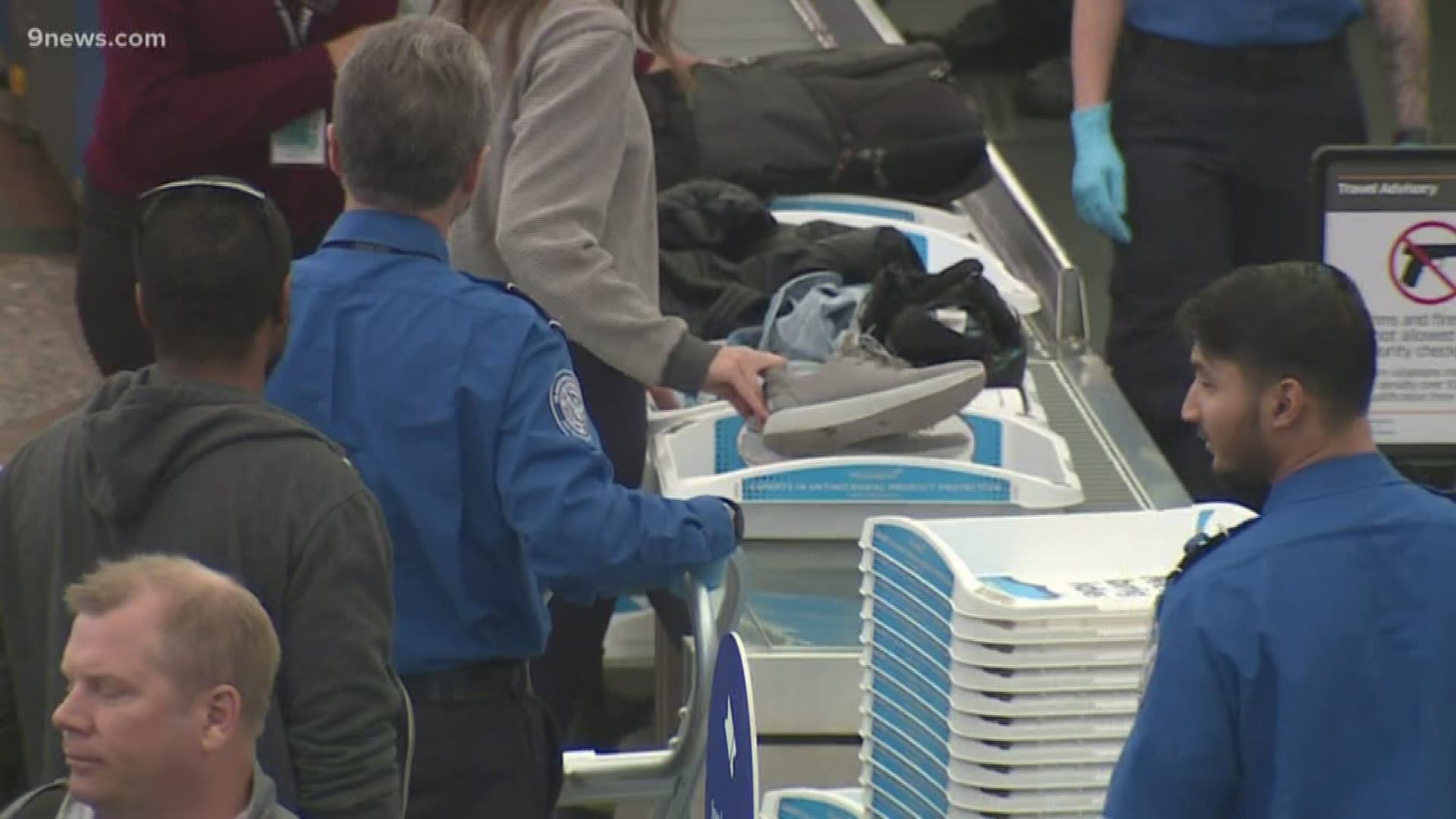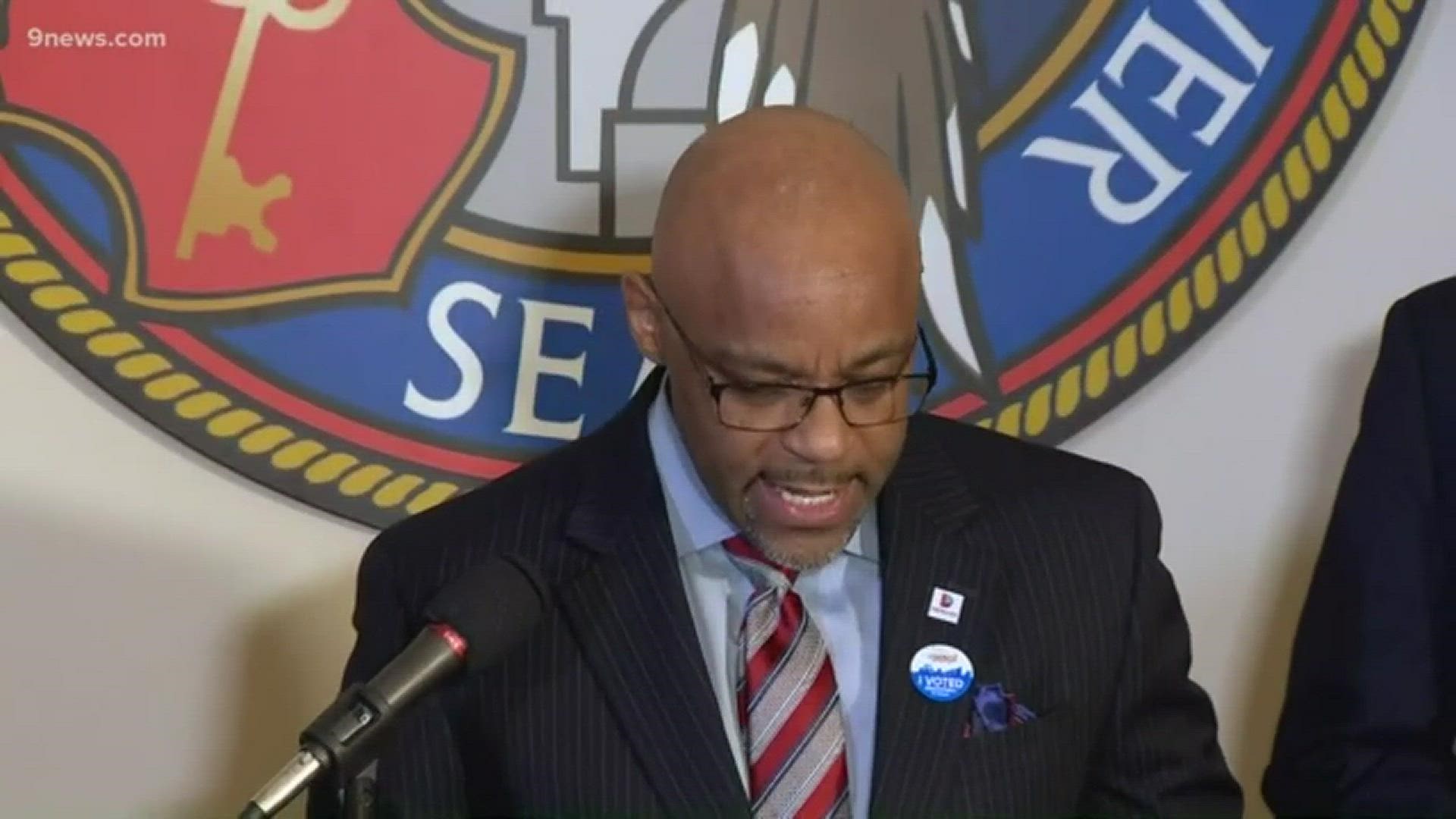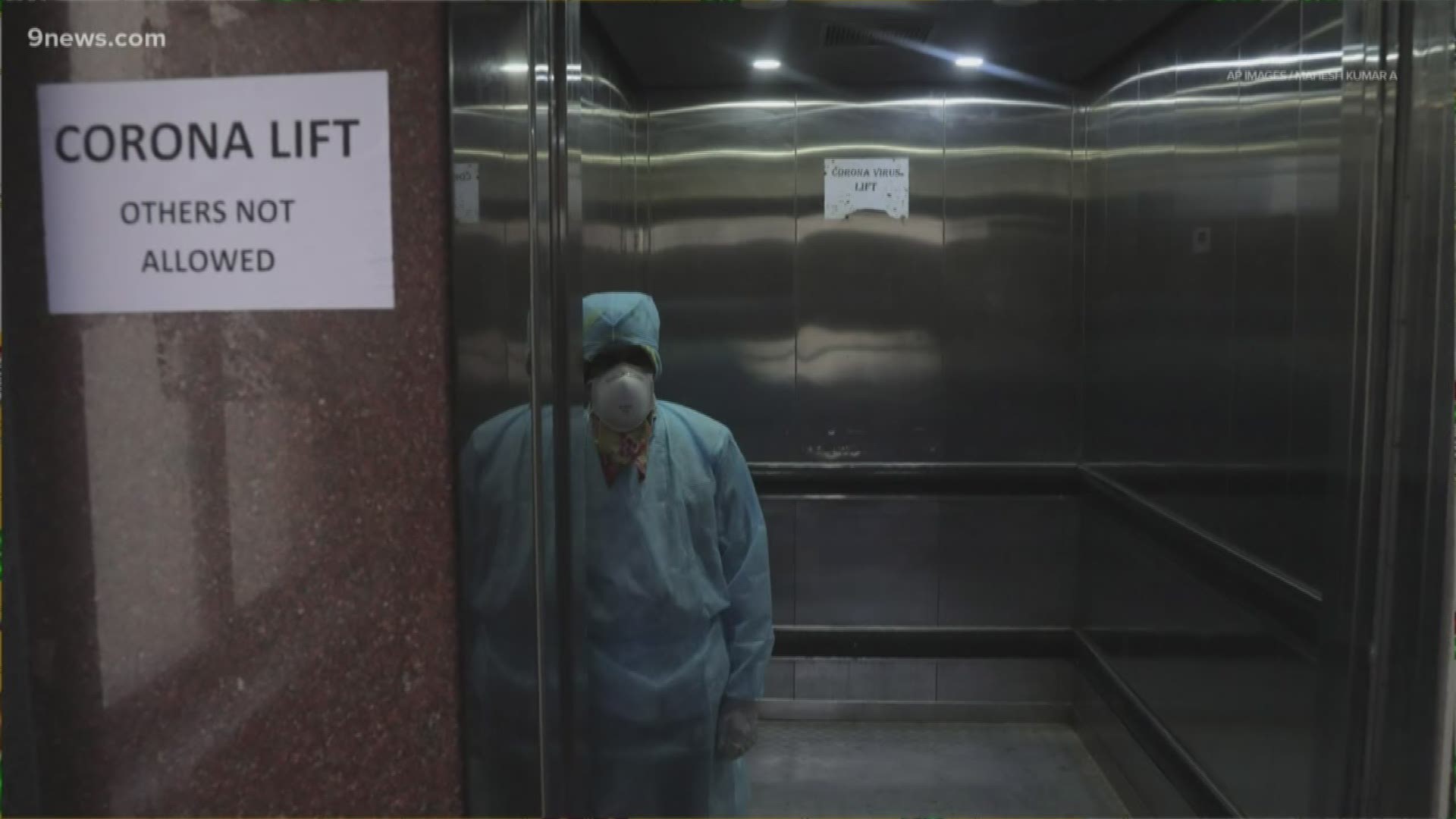DENVER — While no one in Colorado has tested positive for coronavirus, a newly-formed task force involving City of Denver agencies and the state is preparing for a possible outbreak.
As of Monday, 23 Coloradans have tested negative for COVID-19, Mayor Michael Hancock said in a press conference. Results of nine tests are pending, three of them involving people in Denver.
The task force, including the Denver Department of Public Health and Environment (DDPHE) and the Office of Emergency Management (OEM), has been formed to keep the public updated on a potential threat, Hancock said. They will begin meeting Tuesday and will coordinate with state agencies, schools, shelters, medical providers and Denver International Airport (DIA).
A conference call was also held with Colorado Gov. Jared Polis and Colorado's Congressional delegation on Monday to discuss resources.
“It’s important that we share with the public that we are taking the concerns around coronavirus very seriously, but it’s important also that we not panic,” Hancock said. “The Department of Public Health and Environment is leading our efforts to coordinate with other local public health agencies, the Colorado Department of Public Health and Environment (CDPHE) and the [Centers for Disease Control and Prevention] to ensure we are sharing the most accurate, up-to-date information with the public, healthcare workers, service providers and visitors to our great state.”
Watch Monday's entire press conference in the video above.
DDPHE Director Bob McDonald reiterated what federal authorities have told the public regarding face masks, saying people who are healthy do not need to wear them. Hancock urged that people use proper hygiene to avoid getting sick, including washing hands often with soap, using sanitizer that’s 60% alcohol, avoiding people who are sick, and staying home yourself if you have symptoms of illness.
Denver's Department of General Services has begun installing sanitation stations at city facilities and within the airport as part of that effort.
DIA is not currently one of the 20 American airports where the CDC is screening passengers for coronavirus. But the airport will add sanitary wipes on jet bridges and hand sanitizer stations, and staff will start sanitizing bathrooms and the train to the gates more frequently.
Moving forward, Denver will continue to evaluate patients exhibiting symptoms of COVID-19. DDPHE has already quarantined patients as necessary, both at their homes and in medical settings, and McDonald said they will continue to do that. At this point, no patient has resisted isolation orders.
"There’s some very broad authority with the Department of Public Health, and we can take enforcement any time someone fails to comply with an order issued by the department of public health, but that’s not our goal. We want to isolate them, educate them, monitor them to make sure that they comply. If somebody didn’t comply we would make sure we address the barriers that keep them from complying with an order to stay at home. And we would follow up on that," McDonald said.
Citywide, the mayor's office has the authority to order quarantines on a larger scale. DDPHE is already considering what that might look like, but the decision would be made with the health department and state authorities, Hancock said.
"In the city of Denver, we have the ability to, in partnership and consultation with the public health officer, Bob McDonald, to restrict areas that we deem might be a public threat. So we can do that, but we will do that I’m sure in consultation with the state public health department, as well. But Bob is our public health officer, so he and I will be in close consultation when issues are arising. He will advise me as necessary in what we’ll need to do necessary," Hancock said.
Part of evaluating the virus's impact in Denver would be monitoring any economic strains on the city. Organizers of one convention contacted Denver about canceling, the mayor said Monday. He said the city will work to reassure coordinators that Denver is prepared for what may happen.
"Generally, when we’re looking at indicators, we’re looking at the economy," said OEM Interim Executive Director Matthew Mueller. "We’re looking at supply shortages. We’re looking at impacts to our government functions. We have a list of 33 essential functions within the city that are core to what we do in our business processes to make sure we’re meeting the needs of our citizens. If we begin to see any of those are becoming impacted, that’s when we would take a look at – what are some of those triggers or things that we could do to take intervention at that point."
Hancock seemed confident that department budgets could handle managing COVID-19, but there are places within the city budget that could accommodate extra need.
CDPHE announced Monday that a state lab now has clearance to test for coronavirus, a task previously limited to the CDC. The Colorado lab can test 160 samples per day.
SUGGESTED VIDEO: Updates on coronavirus in Colorado




